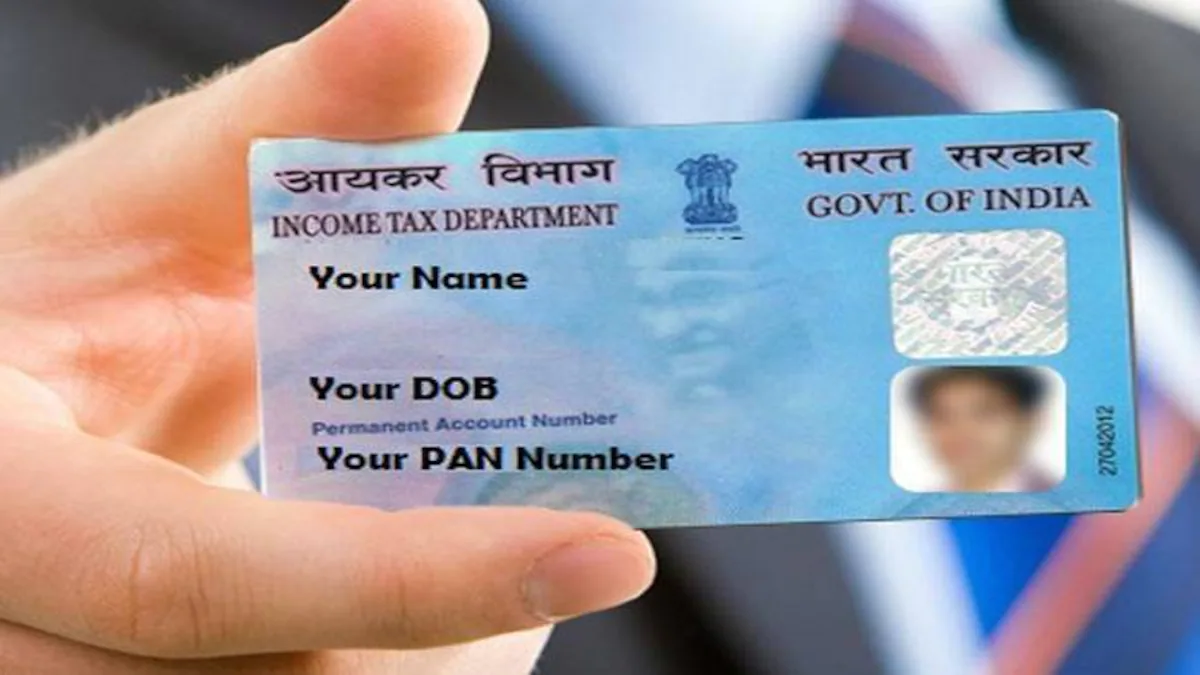The Cabinet Committee on Economic Affairs (CCEA), chaired by Prime Minister Narendra Modi, approved the ₹1,435-crore PAN 2.0 project on Monday. This initiative aims to upgrade the Income Tax Department’s (ITD) infrastructure, enhance data protection, improve user experience, and integrate digital systems more effectively.
Revamping the PAN Ecosystem
Briefing the media, Information and Broadcasting Minister Ashwini Vaishnaw said the project would transform the ITD’s operations. “The PAN card is an integral part of our lives, especially for the middle class and small businesses. It has undergone significant upgrades, and PAN 2.0 has been approved today. The existing system will be enhanced, and a robust digital backbone will be introduced,” he stated.
The upgraded system will consolidate the core and non-core functionalities of Permanent Account Number (PAN) and Tax Deduction and Collection Account Number (TAN) services. This aligns with the government’s vision of Digital India by establishing PAN as a common identifier across specified digital systems of government agencies.
Key Features of PAN 2.0
According to an official statement, the project will enable:
- Enhanced digital services for taxpayer registration.
- A single source of truth and consistent data across systems.
- Eco-friendly processes and cost optimisation.
- Advanced security and infrastructure flexibility.
Tasks for Implementation
A tender floated by the ITD in August outlines the responsibilities for the project’s service provider, including:
- Designing, procuring, and maintaining infrastructure components such as hardware, software, and networks.
- Migrating legacy data to the new system.
- Integrating with internal and external systems for seamless operations.
The new system will support online application processing, e-PAN issuance, PAN validation services, and secure data storage while improving service delivery and accessibility for taxpayers and ITD officials.
Broader Impact
Currently, over 78 crore PANs have been issued, with approximately 98% allocated to individuals. By strengthening the system’s digital backbone, PAN 2.0 aims to address the growing demands of taxpayers and businesses, ensuring a more secure and user-friendly framework for financial transactions and compliance.


















